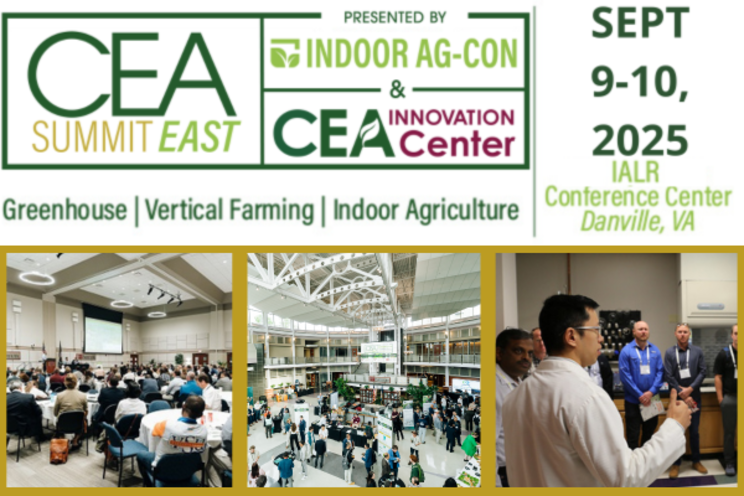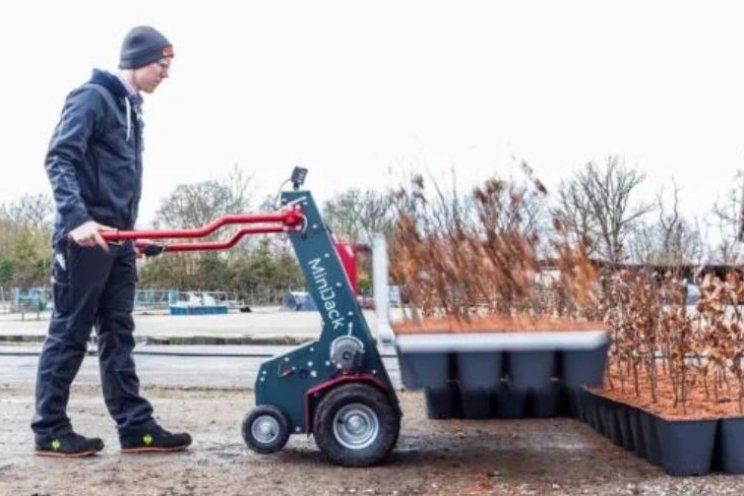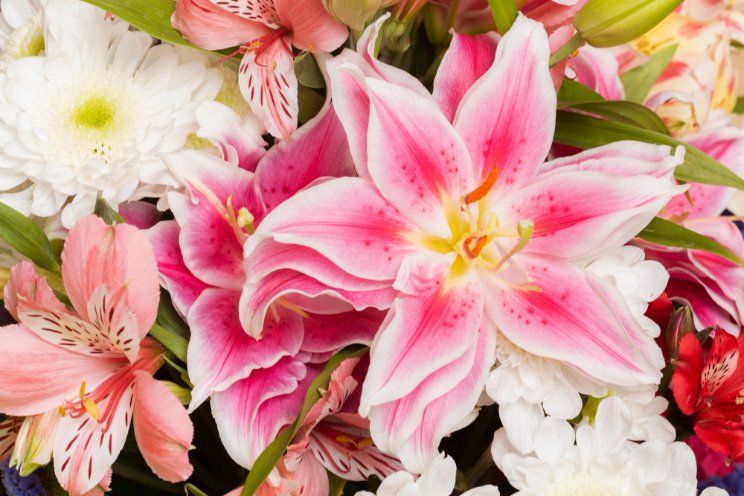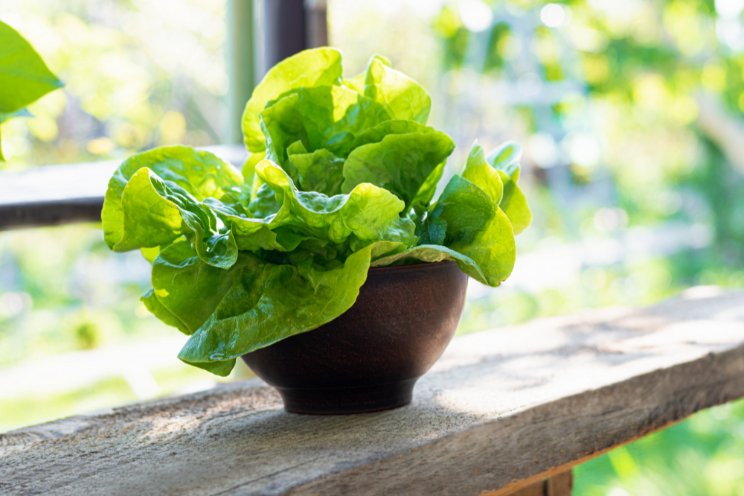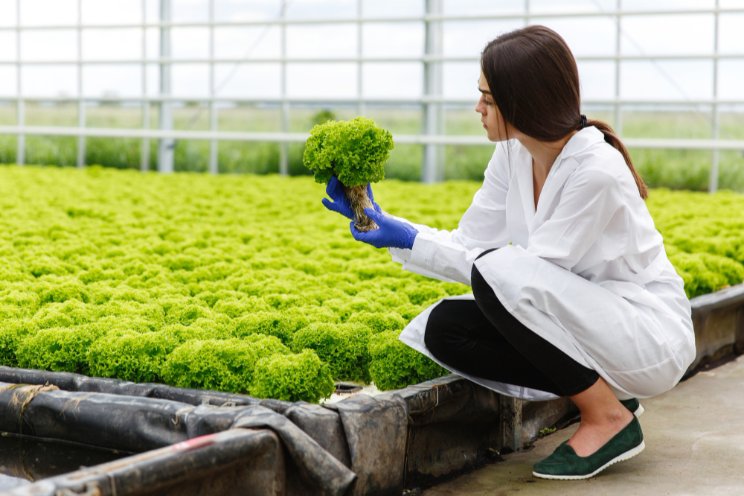Why greenhouses should play a prominent role in CEA
Added on 23 March 2022
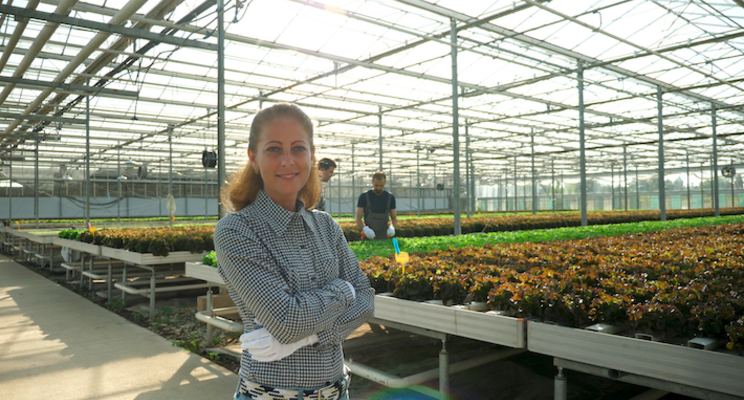
Al Zylstra, Manager of DRAMMWater, gave a presentation at Greenhouse Grower's 2021 GROW Executive Summit in December on strategic water management over the next 10 years. One point he made really stands out to me.
"Whether you are growing tomatoes, cucumbers, bedding plants, or whatever it is, if your customer knows you are a sustainability-friendly person or operation, they are more likely to buy your product. One of the things we should be doing is promoting the fact that we are controlled-environment agriculture," he said. "That name is being taken over by the vertical farming industry. We shouldn't let that happen. We should be taking that name on as greenhouse operations, as well."
People have started to see CEA as one of the keys to solving major issues that have worldwide impacts. If we want to keep people thinking we are essential, what better way to do that than to make sure we are seen as part of the CEA community? More than that, let's back up all the good things we are doing with solid facts. For instance, Zylstra pointed out in his talk that when you look at the fact that 70% of all our freshwater resources globally are used for agriculture, that is primarily for raising beef, cattle, livestock, and field crops. Our industry is a very small part of that percentage.
The reality is most greenhouse growers use very little water for irrigation. Do your customers know that? Can you give them a figure for how many gallons of irrigation water you save every year by recycling your water? What about sharing a video on your website about the efforts you make to recycle water or minimize nutrients from going down the drain and contaminating water sources?
Photo created by DCStudio - www.freepik.com
Source: Greenhouse Grower
More news


